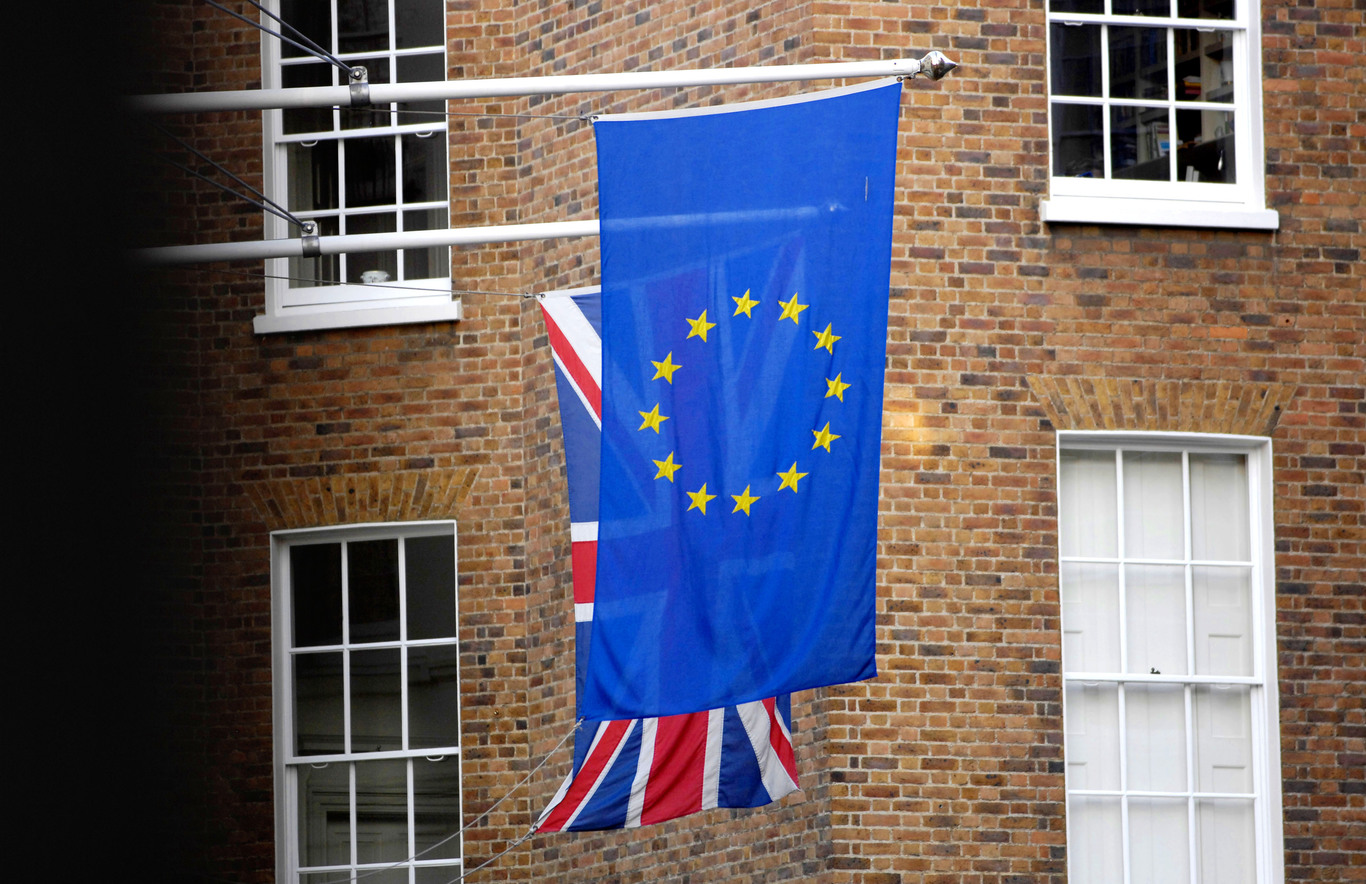With Brexit looming, it's time for small firms to start making some hard decisions
Many smaller businesses are caught in the headlights.
IT IS CLEAR there is significant, and understandable, anxiety building in Irish business as firms await the outcome of the Brexit negotiations.
It is widely accepted that companies need to begin planning for a ‘hard Brexit’, or even a ‘no-deal’ scenario. For many companies, however, executing diversification or hedging strategies is a difficult ask.
In sectors where margins are tight, an ill-judged investment can stifle the ability of a business to grow in the future. For this reason, many companies have stalled making hard decisions until the outcome of negotiations is clearer.
Many smaller firms are caught in the headlights. A recent Ibec survey showed that over one in five companies already have contingency plans in place for Brexit, and just over half will have plans in place over the coming months.
That still leaves 47% of the companies surveyed with no plan at all.
In the meantime, an inability to pass on acute exchange rate pressures are putting considerable pressure on companies’ margins. This background of uncertainty and margin erosion does not provide a firm basis for firms to invest.
Previous analysis by Ibec suggested that if sterling were to stay above 90p, it would destroy about 7,500 jobs in the agri-food industry.
Progress
Another report, looking at the progress of Irish food companies in reducing their reliance on the UK market, illustrates the challenges ahead.
The results are clear. In sectors such as dairy – where Ireland has globally-scaled firms in the supply chain, value-add products, greater margins for re-investment, and have shelf-life in their favour – companies are taking the hard steps to diversify away from the UK market.
Those that don’t, are not. Many companies will need significant support from the government in the months and years ahead.
The best examples of good news have been in higher value-add dairy sectors such as butter, cheese and value-added milk products.
In the 12 months before the Brexit vote we exported around 186,000 tonnes of butter and 204,000 tonnes of cheese globally. This has risen to 210,000 and 227,000 over the past 12 months; Irish firms are continuing to expand their exports.
What is most promising, however, is that all the growth in butter exports and 86% of the growth in cheese exports has gone to non-UK markets.
We have reduced our reliance on the UK as an export market for both butter and cheese by four percentage points. This shows, that it is possible for some sectors to make progress in diversifying before the worst impacts of Brexit hit.
Mixed picture
However, other products have not been as successful. Meat, beverage, forestry and vegetable exporters have struggled to diversify.
Our €3.8 billion meat export industry is struggling to de-couple itself from the UK market. The UK now accounts for an even greater share of our beef exports (56%) than it did at the time of the referendum.
Low margins along with both the cost and difficulty of getting products to new markets remain a major barrier for both meat and vegetable producers. The UK also remains the only viable market for most of our forestry products due to similarities in climate and timber types.
While some progress has been made recently on the future relationship between the EU and the UK, Ibec’s analysis paints, at best, a very mixed picture on domestic preparedness.
It is clear that companies will need support to diversify, innovate and re-align their business models.
Supporting these firms is the only way to help mitigate the worst impacts of Brexit domestically. Around three-quarters of employment in food manufacturing is in the sectors that are struggling to diversify.
Other sectors
This does not just extend to the agri-food sector but also to the wider domestic economy.
Sectors such as tourism, traditional manufacturing, retail, transport, and utilities will all be impacted either directly through loss of trade or through disruption of their supply chain.
It is also worth remembering that companies will need to diversify not just their exports but also their sourcing. Some 36% of Irish consumer goods are imported from the UK along with 23% of material goods which go into the production of finished goods here.
Increases in tariff or non-tariff barriers, regulatory divergence or transport delays will impose significant costs on all areas of the Irish economy past the initial export shock.
In this context, there must be a stronger delivery on Brexit preparation and mitigation at home.
Yes, there are still major uncertainties which make it difficult for the government, but the time for preparation is now.
This can be done by introducing an accelerated capital allowance scheme for Brexit-related investments, funding supports for companies looking to reformulate, re-package or innovate their product lines for new markets.
It can be achieved by broadening trade support measures, including further export trade financing and credit guarantees to support the continued development of export markets.
Gerard Brady is head of tax and fiscal policy at Ibec.






